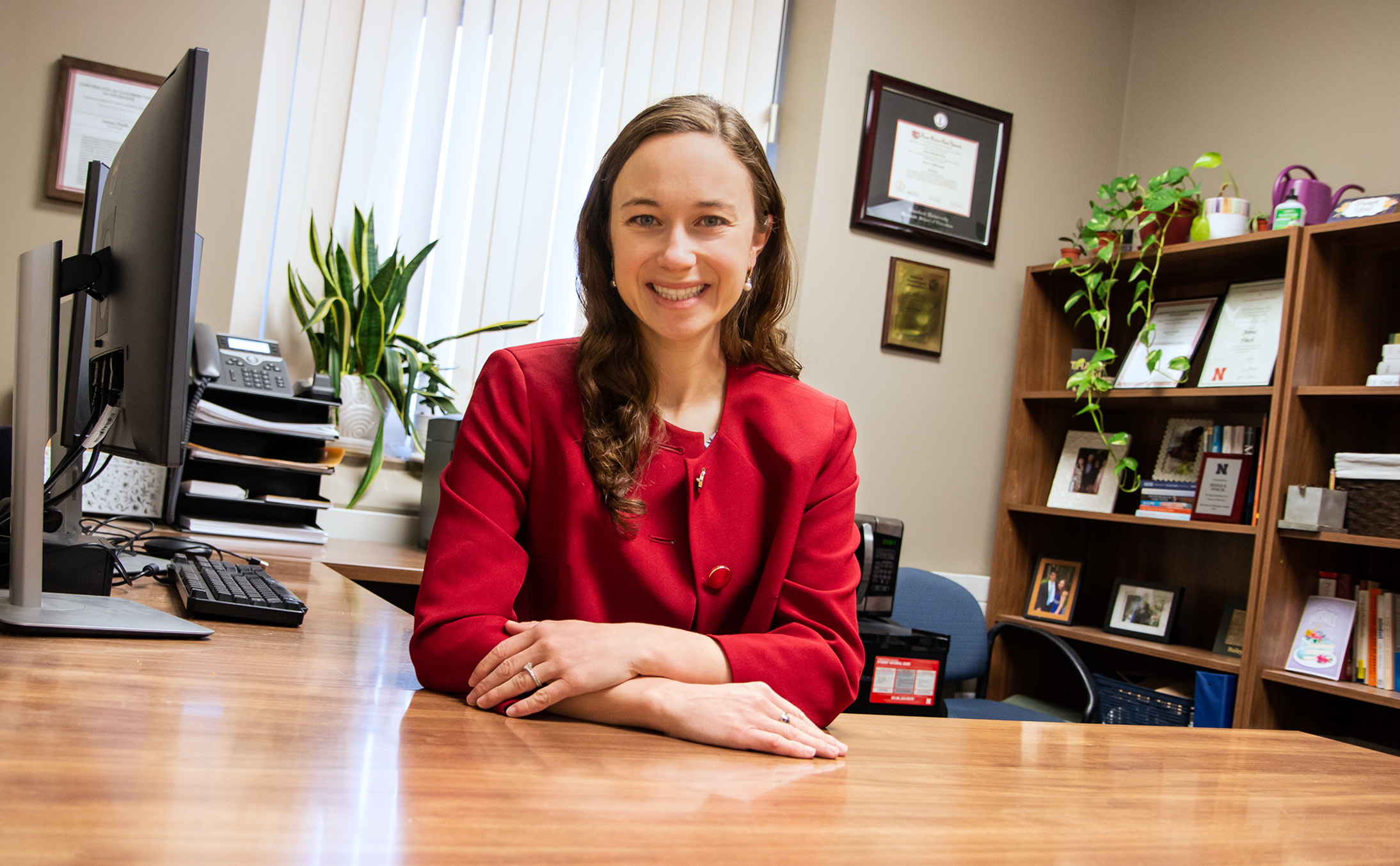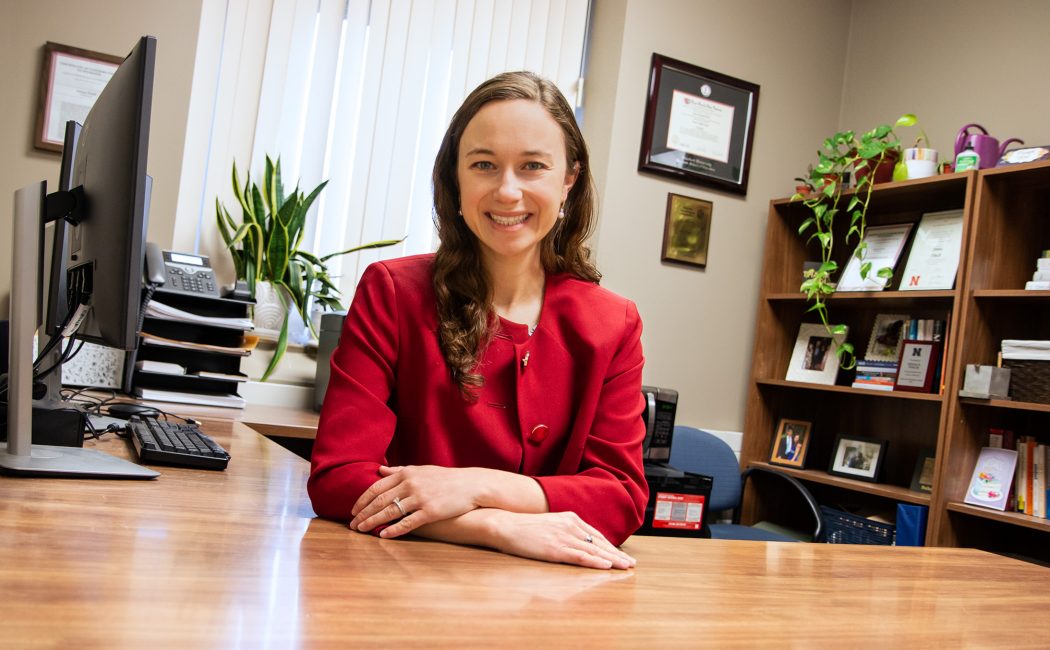
In recent years, illnesses, quarantines and school closures during the COVID-19 pandemic have increased emphasis on the importance of instructional time for children’s academic achievement following absences from the classroom.
There is also recent evidence that pandemic school closures disproportionately affected U.S. schools that had students with lower third-grade standardized test scores and higher shares of students from socioeconomically disadvantaged backgrounds.
While research suggests that the number of days in school is associated with gains in children’s reading and math skills, little is known about how instructional time affects children’s non-academic skills critical for school success.
Jenna Finch, assistant professor of psychology, is exploring the effects of time in school on students’ executive function — mental skills that include working memory, flexible thinking and self-control, which enable children to self-regulate their attention and behaviors.
Funded by a grant from the American Educational Research Association, Finch is examining data collected from the Early Childhood Longitudinal Study-Kindergarten cohort of 2010-11 — approximately 18,000 children who were in kindergarten in fall 2010 — to assess the effects of instructional time on executive function skills development across kindergarten, first and second grade.
She aims to better understand whether children who are absent from school may need additional support for their self-regulation skills, and what those supports should be.
“There is clear evidence that instructional time predicts gains in children’s reading and math skills,” said Finch, a CYFS research affiliate. “But we’re unsure how instructional time affects children’s non-academic skills, which are critical for school success.”
In early childhood, executive functioning enables children to plan and meet goals, follow directions and stay focused despite distractions — all critical skills for life learning.
I want to understand how being in school relates to self-regulation skills, and why. These skills are so predictive of long-term achievement and educational outcomes, as well as health and income, and adult well-being.”
— Jenna Finch, principal investigator
Typical elementary school experiences are crucial to developing and expanding executive function skills, Finch said, and have important implications for children’s social and academic success throughout life.
“Executive function skills are essential to learning in classroom,” she said. “Throughout the school day, there are all sorts of activities that require kids to engage their executive function skills; these activities give them practice. But we must better understand what the school’s role is, and who would benefit the most from adding instruction time.”
Finch’s past research found that children’s working memory skills improve more during the school year than in summer months. However, she said, children may benefit differently from the same classroom time.
“Time in school may matter more for vulnerable children who enter kindergarten less ready to learn than their peers,” she said. “It depends on what skills a child has coming into school. Some children learn and expand their skills at home more than others. So for kids who are not getting opportunities at home, they may benefit the most from their school experiences.”
Once data are analyzed, Finch and her team will offer specific recommendations for supporting children’s self-regulation in the classroom.
“I’ve always been interested in what happens in school,” she said. “I want to understand how being in school relates to self-regulation skills, and why. These skills are so predictive of long-term achievement and educational outcomes, as well as health and income, and adult well-being. Self-regulation skills help people be successful in life.”
Learn more about this project in the CYFS Research Network. This project aligns with the UNL Grand Challenge of early childhood education and development.
